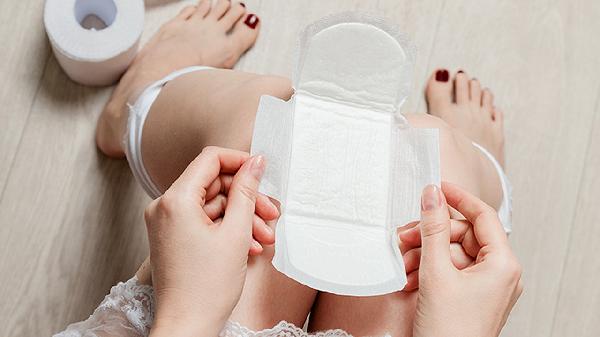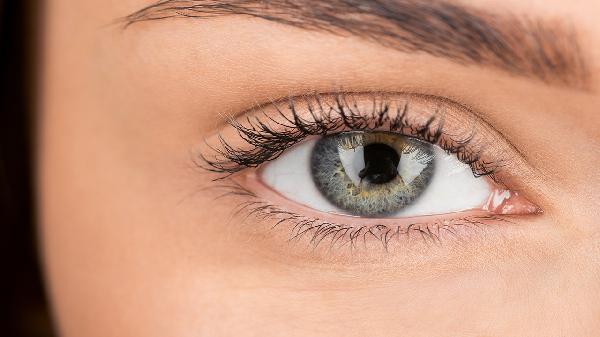From puberty to menopause, hormones play a pivotal role in shaping a woman's physical, emotional, and mental well-being. These chemical messengers, produced by the endocrine system, orchestrate a complex symphony of biological processes that influence everything from reproductive health to mood regulation. While hormones are not the sole determinants of a woman's life, their profound impact cannot be overlooked. Understanding how hormones function and their effects can empower women to navigate the various stages of life with greater awareness and control.

The Hormonal Journey: From Puberty to Menopause
A woman's hormonal journey begins at puberty, typically between the ages of 8 and 13, when the body starts producing estrogen and progesterone. These hormones trigger the development of secondary sexual characteristics, such as breast growth and the onset of menstruation. The menstrual cycle, regulated by a delicate balance of hormones, continues until menopause, marking the end of a woman's reproductive years. During this time, fluctuations in hormone levels can lead to symptoms like mood swings, bloating, and fatigue, often referred to as premenstrual syndrome (PMS).
Pregnancy and Hormonal Changes
Pregnancy introduces another significant hormonal shift. The body produces human chorionic gonadotropin (hCG), progesterone, and estrogen to support the developing fetus. These hormones prepare the uterus for implantation, maintain the pregnancy, and stimulate milk production. However, they can also cause nausea, mood swings, and other pregnancy-related symptoms. Postpartum, a sudden drop in hormone levels can lead to the "baby blues" or, in more severe cases, postpartum depression.
Menopause: The Hormonal Transition
Menopause, typically occurring between the ages of 45 and 55, marks the end of a woman's menstrual cycles. As estrogen and progesterone levels decline, women may experience symptoms like hot flashes, night sweats, and mood changes. This hormonal transition can also increase the risk of osteoporosis and cardiovascular disease. Hormone replacement therapy (HRT) is one option to alleviate symptoms, but it comes with its own set of risks and benefits that need to be carefully considered.
Hormones and Emotional Health
Hormones don't just affect the body; they also have a significant impact on emotional and mental health. Estrogen, for example, is known to influence serotonin and dopamine levels, neurotransmitters that regulate mood and happiness. This is why hormonal fluctuations during the menstrual cycle, pregnancy, and menopause can lead to mood swings, anxiety, and depression. Understanding this connection can help women seek appropriate support and treatment when needed.
Lifestyle Factors and Hormonal Balance
While hormones play a crucial role, lifestyle factors can also influence hormonal balance. Diet, exercise, stress management, and sleep all contribute to maintaining healthy hormone levels. For instance, a diet rich in whole foods, healthy fats, and fiber can support hormonal health, while chronic stress can disrupt the balance of cortisol, the stress hormone. Regular physical activity can help regulate insulin and other hormones, reducing the risk of conditions like polycystic ovary syndrome (PCOS) and type 2 diabetes.
Empowerment Through Knowledge
Understanding the role of hormones in a woman's life is not about attributing every aspect of her existence to these chemical messengers. Instead, it's about recognizing their influence and taking proactive steps to manage their effects. Whether through lifestyle changes, medical interventions, or simply being aware of the changes happening in her body, a woman can take control of her hormonal health and, by extension, her overall well-being.
Beyond Hormonal Control
While hormones undeniably play a significant role in shaping a woman's life, they are just one piece of the puzzle. Genetics, environment, lifestyle, and personal choices all contribute to the complex tapestry of a woman's experiences. By understanding and managing hormonal influences, women can navigate the various stages of life with greater confidence and empowerment. Hormones may be a powerful force, but they do not define a woman's life—she does.























